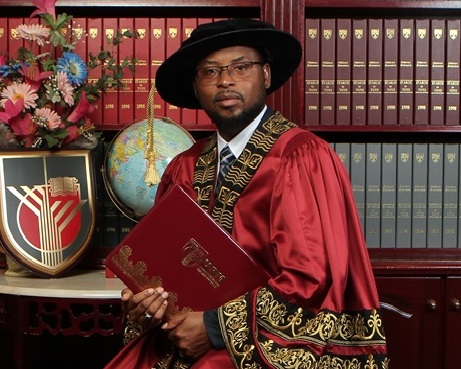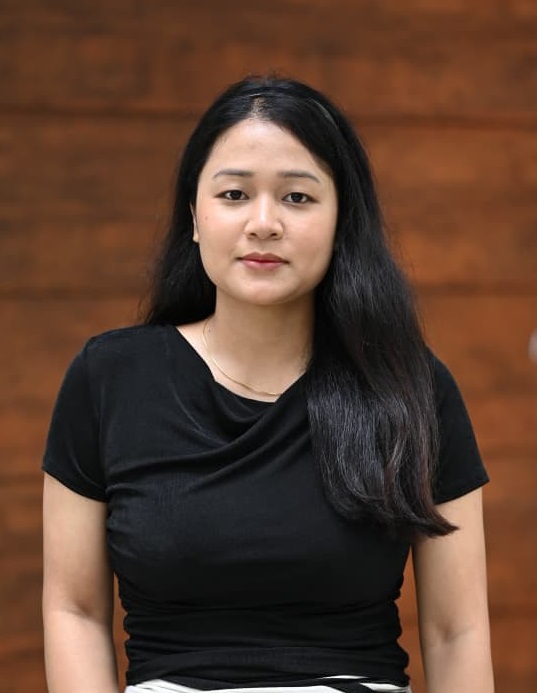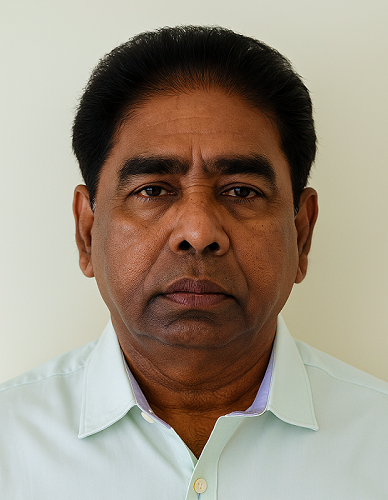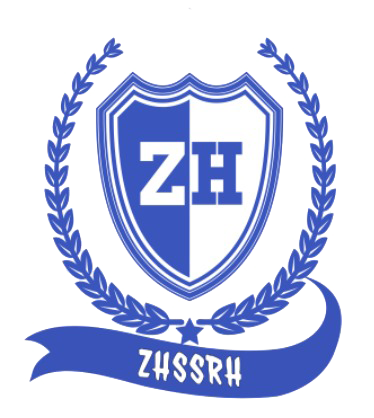Zo Humanities and Social Sciences Research Hub (OPC) Private Limited
1st ANNUAL CONFERENCE 2025
In collaboration with Tribal Research Institute, Art & Culture Department, Mizoram, India
Topic: Sustainable Future: An Indigenous Approach to Cultural Preservation
Dated: 17th-19th, December 2025
We cordially invite you to participate in the 1st annual conference of Zo Humanities and Social Sciences Research Hub (OPC) Private Limited to take place on 17th-19th December, 2025 in online mode to be conducted from Mizoram, India. This conference aims to bring together researchers, scholars and experts from around the globe to share their expertise and insights on the topic.
AIM OF THE CONFERENCE
The Conference aims to engage with United Nations Sustainable Development Goals (SDGs). By centering tribal and indigenous perspectives, it seeks to challenge dominant development paradigms and highlight the wisdom embedded in local ecological knowledge, collective economies, and cultural resilience.
OUR SPEAKER

Dr. Da'u Abba Umar
Federal University, Dutse, Nigeria

Dr. Ruthi Hmingchungnungi
Department of Education (ITEP), Mizoram University, India

Prof. Kalmekolank Vidyasagar Reddy
Department of Political Science, Mizoram University, India
THEMES AND SUB THEMES
The Conference invites proposal from scholars, professionals and academicians all over the globe on themes related to:
1.Indigenous Pathways for Sustainable and Inclusive Development
Sub-themes:
• Promoting community-driven and culturally grounded economic models
• Supporting indigenous entrepreneurship and cooperative enterprises
• Encouraging responsible production and consumption rooted in local traditions
• Integrating traditional economic practices with sustainable development frameworks
2. Climate Action, Biodiversity, and Environmental Conservation
Sub-themes:
• Community-led adaptation and disaster resilience strategies
• Conserving sacred forests, rivers, and biodiversity-rich landscapes
• Enhancing ecosystem services for livelihoods and cultural well-being
• Applying indigenous ecological knowledge in environmental governance
3. Education, Knowledge Transmission, and Innovation
Sub-themes:
• Preserving and integrating indigenous knowledge in formal and informal education
• Promoting education for sustainability, cultural continuity, and global citizenship
• Leveraging innovation and digital tools to support indigenous learning systems
• Encouraging youth leadership, research, and entrepreneurship rooted in cultural values
4. Gender, Social Equity, and Cultural Empowerment
Themes and sub-themes:
• Strengthening women’s leadership and decision-making in indigenous communities
• Addressing intersectional inequalities and gender-based challenges
• Fostering disability inclusion and visibility
• Recognizing indigenous women’s contributions to cultural preservation and ecological stewardship
5. Global Partnerships and Regional Indigenous Perspectives
Sub-themes:
• Strengthening collaboration between indigenous communities and global institutions
• Addressing migration, conflict, and challenges to cultural sustainability
• Celebrating and preserving cultural diversity and indigenous identity
• Advancing sustainable development pathways in North-East India and similar tribal regions
6. Cultural Heritage, Arts, and Community Knowledge
Sub-themes:
• Documenting, preserving, and revitalizing indigenous languages, rituals, and oral traditions
• Promoting traditional arts, crafts, and performance as tools for cultural continuity
• Supporting intergenerational knowledge transfer within communities
• Linking cultural heritage preservation with sustainable livelihoods and tourism
• Strengthening policies and institutions to safeguard tribal cultural assets
These sub-themes are suggestions, and participants are welcome to submit abstracts on other relevant topics aligned with the main theme and topic.
ESSENTIAL TIMELINES
- Abstract submission deadline: 06.12.2025
- Notification of Acceptance: On a rolling basis
- Registration deadline: 10.12.2025
- Full paper submission: 10.02.2026
- Conference dates : 17.12.2025- 19.12.2025
Submit Abstract
Full paper submission email: event@zohumanities.com
Download Abstract Template
REGISTRATION FEES
Participation Type | Fee (USD) | Fee (INR) |
One Author | $ 20 | ₹ 1500 |
Two Authors | $ 30 | ₹ 2500 |
Three Authors | $ 40 | ₹ 3500 |
Fees are based on the INR amount. USD values are approximate and may vary depending on the exchange rate at the time of payment.
Please make your payment only after receiving your official acceptance letter from us. We will send the acceptance letter to the email address you provided during registration. To ensure you don’t miss it, kindly check your email inbox and spam/junk folder regularly for further communication.
GUIDELINES
Participation: Each participant is allowed to present a maximum of one paper during the conference. Each submitted paper may include up to three authors. Authors who wish to attend sessions and receive participation certificates must be included in the registered submission. Certificates will be issued only to registered authors.
Registration Policy: If an abstract is accepted, the registration fee must be paid based on the total number of listed authors. While authors do not need to register individually, the fee should correspond to the number of authors included in the accepted abstract. Please note that the names, number of co-authors, and the title submitted with the abstract must remain the same at the time of full paper submission.
Abstract Submission: Abstracts must be submitted either in English or Mizo, and should not exceed 300 words, including the title, author names, affiliations, and the abstract body with keywords. The abstract should clearly include the title of the presentation, full author names, their affiliations, and 4-6 relevant keywords. It must contain the background or context, objectives, methodology, results, and conclusions or implications of the study. Please note that no reference, tables, pictures, or graphs are allowed in the abstract. Submissions made after the deadline will not be accepted. Abstracts should be concise, well-structured, and formatted for academic review. Please download the abstract template here.
Full Paper Submission: Full papers should be submitted in MS Word format, using Times New Roman font, size 12, with 1.5 line spacing. Manuscripts must follow APA 9th Edition referencing style for all citations. Papers should be original, unpublished, and must not exceed 6,000 words, excluding the abstract, keywords, and references. Submissions should not exceed 10% similarity in plagiarism checks.
Author Information: Each manuscript must include detailed information about the author (s), including full name, designation, institutional affiliation, and email address. This information should be clearly presented on the first page of the manuscript.
ORGANIZING COMMITTEE
Convener:
- Debbie Lalrinawmi
Co-convener:
- Rodingpuii
Secretary:
- Liansangpuii Khiangte
Members:
- Lalrochami Ralte
- Dr. Juliet F. Lalzarzoliani

